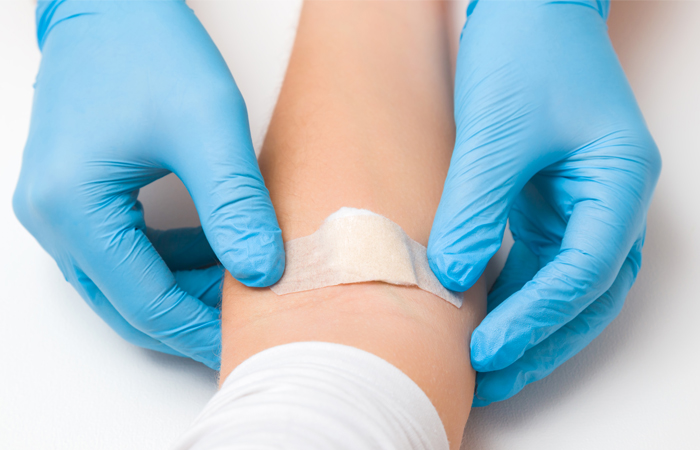To ensure continuity of care, multidisciplinary team working across primary and secondary care is essential. Patients will first present with IBD symptoms in primary care and a simple test, which measures the protein calprotectin in the stool, will help decide if referral to secondary care is needed.
Stool tests
Stool tests are used to rule out other causes of diarrhoea and to measure faecal calprotectin. This test is useful for distinguishing between irritable bowel syndrome (IBS) and IBD. It can also be used as a marker to monitor response to therapy.
Blood tests
A full blood count (FBC) may reveal thrombocytosis due to an inflammatory response, anaemia, and leucocytosis. Serum c-reactive protein (CRP) is useful for assessing a patient’s risk of relapse, but CRP may be raised for multiple reasons other than active IBD.
It is important patients understand why blood tests are required, and limiting prescriptions to a minimum of three months’ supply will help ensure patients are being monitored appropriately. If monitoring is not taking place, it is safer to stop the medication.

